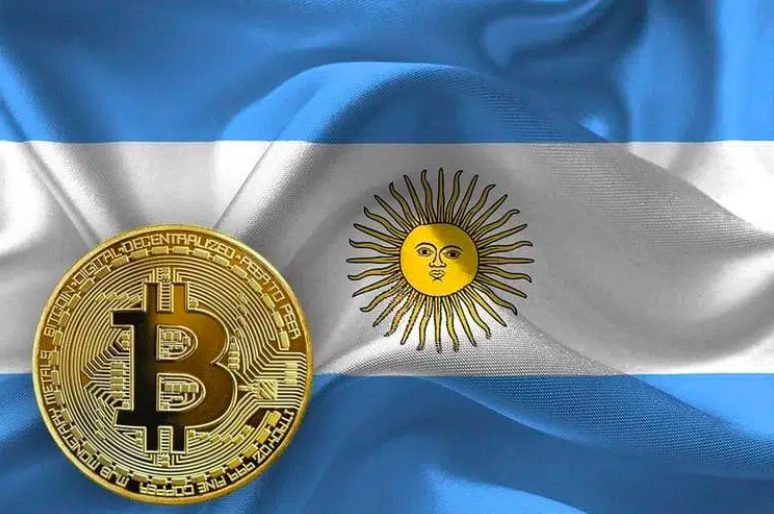Earlier this week, Banco Galicia and Brubank—Argentina’s largest and second-largest private banks—had announced that they’d allow customers to make crypto purchases. This decision came on the back of a positive poll response where over 60% of the respondents asked for more access to crypto.
Even before people could sink in the fact, the central bank of Argentina—BRCA—banned banks from fostering crypto purchases like Bitcoin. On Thursday, it formally prohibited financial institutions in the South American country from offering clients any operations involving unregulated digital assets.
Per the notice,
“Financial entities may not carry out or facilitate their clients to carry out operations with digital assets, including crypto assets and those whose yields are determined based on the variations that they register, that are not regulated by national authority and authorized by the Bank.”
Here it should be noted that there are no regulated digital assets as of now in Argentina, so the ban is essentially de facto. The bank has taken such a move in order to mitigate risks associated with cryptos and other digital assets.
“The measure ordered by the Board of Directors of the BCRA seeks to mitigate the risks associated with operations with these assets that could be generated for users of financial services and for the financial system as a whole.”
Rewinding and sneaking into the past
Argentina has not always been in favor of Bitcoin and other cryptos. Back in May last year, for instance, the central bank and the National Securities Commission published a crypto-related “alert.” In the same, several “risks” associated with this asset class—right from volatility, operational disruptions, cyberattacks to money laundering/financing of terrorism, non-compliance with exchange regulations, the absence of safeguards—were brought to light.
Also, it is worth recalling that the IMF had approved a $45B loan facility for Argentina last moth. The deal, as such, demanded the country to discourage the use of cryptocurrencies. It is a known fact that the IMF has seldom favored cryptos. Right from El Salvador to the Central African Republic, the global financial body has issued several Bitcoin-centric warnings.
And perhaps at this stage, the central bank of Argentina is trying to abide by the debt restructuring deal condition, despite its citizens wanting more access to crypto.





